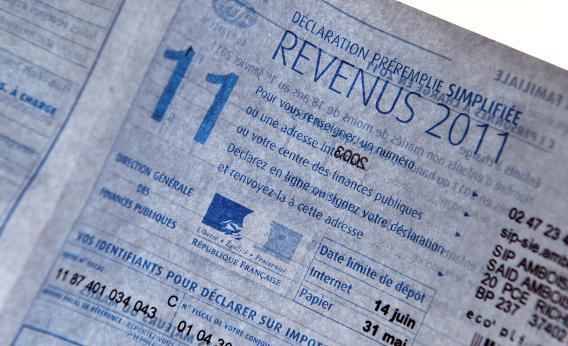People disagree about the appropriate size and scope of the federal government’s activities. But there can be no doubt that for any given size and scope of activities, Congress chooses a mix of borrowing and taxes to finance them. So what’s the appropriate mix? Well as of this morning, nominal interest rates on 10-year treasury notes fell to a record low of 1.6713 percent which should continue and even exacerbate the trend toward negative inflation-adjusted interest rates over the ten-year horizon.
This ought to be raising the question in the minds of members of Congress: Why are we collecting taxes?
Normally you face a tradeoff. Taxes impose costs on the present-day population that might impair wealth creation over the long-term, but to avoid taxes by borrowing you need to pay interest to creditors. But the real interest rate we’re being asked for is low. Less than zero. So what’s the tradeoff? Why not sell as many negative-yield ten-year bonds as the market will buy (sell enough bonds and presumably interest rates will rise) and let that auction revenue “crowd out” taxes as a way of financing government activities? Now in an ideal world we’d use that money to finance valuable public sector investments, but that all gets very politically controversial and you can see why it’s impossible to agree on this given our dysfunctional politics. But what’s the constituency for taxes in a negative interest rate environment?
